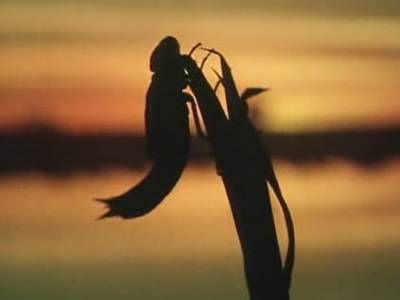The BEST episodes of Life on Earth
Every episode of Life on Earth ever, ranked from best to worst by thousands of votes from fans of the show. The best episodes of Life on Earth!
Life on Earth (1979) is an epic 13-programme series, presented by David Attenborough, offering a chronological account of the flora and fauna of planet Earth over a period of 3,500 million years. Whether recounting the first journey from the sea to the land, the development of insects and flowers, or "The First Forests" and "The Lords of the Air", Attenborough's enthusiasm is infectious. He guides us through The Infinite Variety of life from microbes to marsupials, via an unforgettable meeting with mountain gorillas, to conclude with The Compulsive Communicators, mankind itself. Three years in the making, involving 1.5 million miles of travel and featuring some of the most beautiful, breathtaking and ambitious photography then seen on television, Life on Earth was the first natural history blockbuster. It redefined TV by showing that an epic, serious wildlife documentary could be a massive success. As such, it remains a true television landmark and paved the way for further entries in what became known as his Life series.
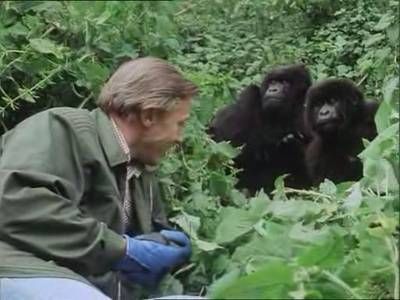
#1 - Life in the Trees
Season 1 - Episode 12 - Aired 4/3/1979
David Attenborough's now legendary encounter with young gorillas is featured in this episode as he looks at the history of primates, whose ancestors sought their fortune in the treetops. There they developed binocular vision for accurately judging distances, and the ability to grasp trees with a firm grip. The group includes dazzling gymnasts, deafening choristers and highly cultured monkeys
Watch Now:Amazon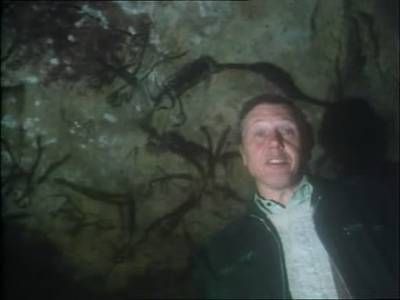
#2 - The Compulsive Communicators
Season 1 - Episode 13 - Aired 4/10/1979
A look for crucial clues that help to explain how and why we have come to dominate life on Earth. He traces back the African origins of humans to nearly three million years ago, and along the way he goes into caves in Southern France where stone-age people created imaginative paintings of ice-age animals. He also travels to Papua New Guinea to find some hunter-gatherers who have never before set eyes on white people
Watch Now:Amazon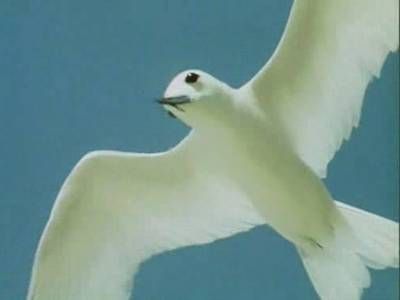
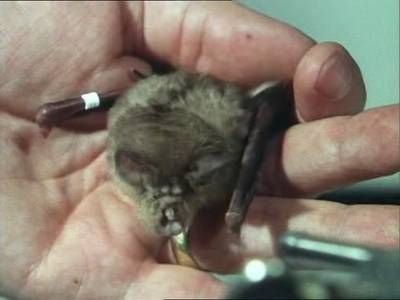
#4 - Theme and Variations
Season 1 - Episode 10 - Aired 3/20/1979
A look at some of the huge variety of mammals. Bats number over a thousand species, many hunt insects, some sip nectar, drink blood, and even catch fish. Contrast those which use sonar with the great whales that sing, the star-nosed mole and the giant anteater, and the potential variations become dramatically clear
Watch Now:Amazon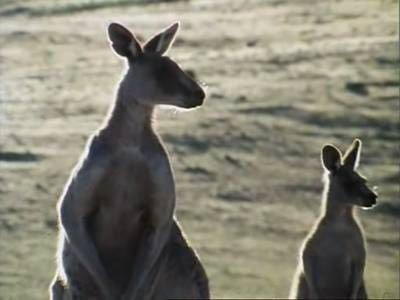
#5 - The Rise of the Mammals
Season 1 - Episode 9 - Aired 3/13/1979
A look at the evolution of mammals from reptiles 200 million years ago. This remarkable transition involved the development of mechanisms for regulating body temperature, for allowing the young to develop in the womb and for suckling newborns. Attenborough also explores the South American origins of marsupials and their colonization of Australia
Watch Now:Amazon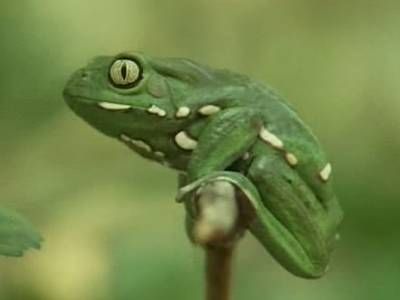
#6 - Invasion of the Land
Season 1 - Episode 6 - Aired 2/20/1979
Some 350 million years ago, evolution reached one of its most crucial stages when fish crawled from water onto the land and became amphibians. Today, newts, salamanders, toads and frogs still survive in great quantities, and there is even one species of frog where the male gives birth from its mouth!
Watch Now:Amazon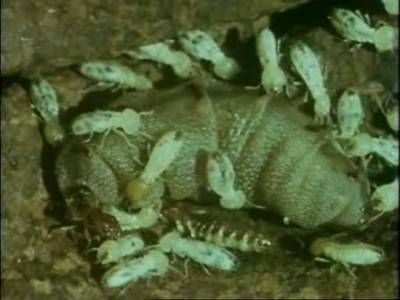
#7 - The Swarming Hordes
Season 1 - Episode 4 - Aired 2/6/1979
The role of a few of the millions of insect species, some of which have developed extremely close relationships with plants. Insects pollinate flowers and in some cases neither flower nor insect can survive without the other.
Watch Now:Amazon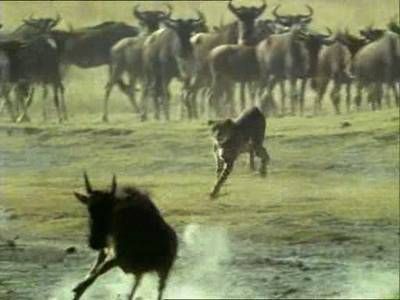
#8 - The Hunters and Hunted
Season 1 - Episode 11 - Aired 3/27/1979
Explore the eternal duel between the hunters and the hunted - one of the driving forces of evolution. As the hunters develop speed and cunning, the prey becomes increasingly fast and wary in order to stay alive. Nowhere is this seen better than on the plains of East Africa
Watch Now:Amazon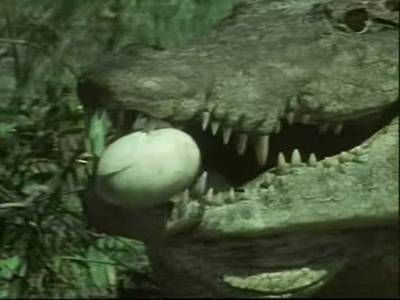
#10 - Victors of the Dry Land
Season 1 - Episode 7 - Aired 2/27/1979
A look at the history of reptiles, the first back-boned creatures to solve the problems of living high and dry on the land. Their waterproofed skin and sealed eggs enabled the mighty reptiles to rule the world
Watch Now:AmazonApple TV
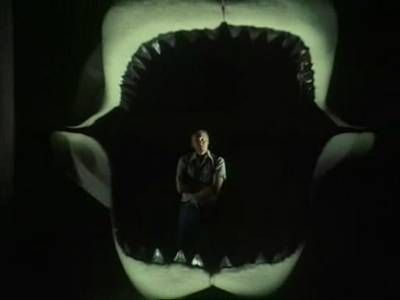
#13 - Conquest of the Waters
Season 1 - Episode 5 - Aired 2/13/1979
A look at some of the 30,000 species of fish which exist in populations of billions. They can fly, produce electricity, survive in hot soda lakes or under the Antarctic ice. Some, like the salmon, even migrate across oceans and up waterfalls
Watch Now:Amazon
